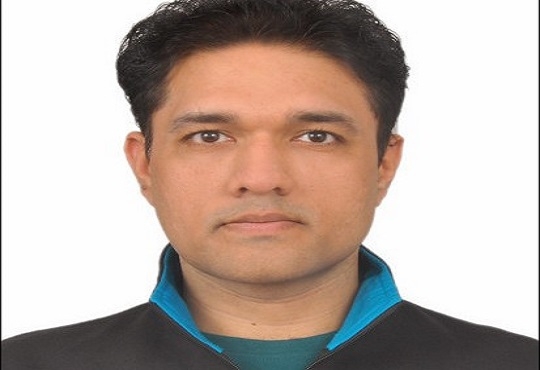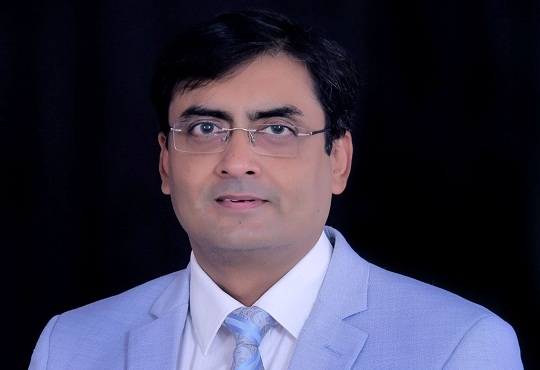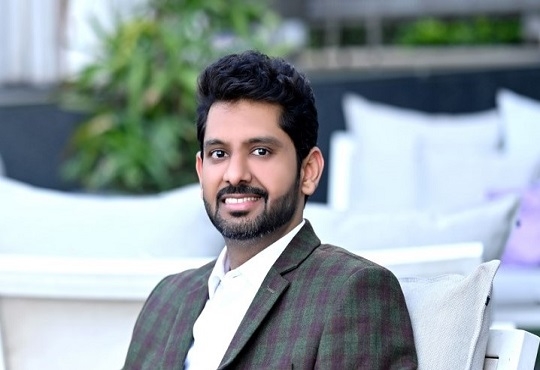
Open-source Tech and Cloud Computing Will Continue To Propel India's Digital Economy
CIOTechOutlook Team | Monday, 03 July 2023, 08:43 IST
 “India has recently surpassed the UK and has become the fifth largest economy in the world. So, that clearly indicates the potential of the Indian economy and I strongly believe that cloud technology can contribute in terms of innovation, and innovation can drive and can add to the economy of India,” says Karmendra Trivedi, Sales Director, Canonical India, the company behind Ubuntu.
“India has recently surpassed the UK and has become the fifth largest economy in the world. So, that clearly indicates the potential of the Indian economy and I strongly believe that cloud technology can contribute in terms of innovation, and innovation can drive and can add to the economy of India,” says Karmendra Trivedi, Sales Director, Canonical India, the company behind Ubuntu.
To serve a wide range of open source technologies, Canonical offers enterprise security, support, and services for each layer of the stack, from infrastructure to apps. India's goal is to have a $1 trillion digital economy by 2026, and cloud computing is essential to fostering and facilitating this expansion.
In an interview with Miloni Bhatt, editor of digital broadcast for economictimes.com, Trivedi discusses the direct and indirect effects of cloud computing on the Indian economy. She reiterates NASSCOM's prediction that by 2026, cloud computing will contribute between $315 and $375 billion to the GDP and generate 14 million jobs both directly and indirectly.
Decoding the Indian economy’s cloud map, Trivedi highlights four components that he believes would be impacted by cloud computing. “If I talk about it in a nutshell, there are four things that are going to be impacted by the adoption of cloud technology, one is the GDP, second is employment, third is innovation and entrepreneurship and finally technology progress.”
Open-source and cloud computing, according to Trivedi, have supported and will continue to promote India's digital transformation.
CIO Viewpoint
Unlocking the Potential of Cloud and AI: A...
By Pratik Jain, Lead Business Analyst – Digital Transformation, ACS Global Tech Solutions
Importance of Zero-Trust Cloud Security in the...
By Sameer Danave, Senior Director Marketing, MSys Technologies
The Transition to a Cloud-First World
By Kapil Makhija, Vice President -Technology Cloud, Oracle India
CXO Insights
Balancing Generative AI Capabilities with Data...
By Murad Wagh, Director - Sales Engineering, Snowflake
AI Integration in Multi-Cloud and Edge...
By FaizShakir, VP & Managing Director – Sales, Nutanix
The Role of Hybrid Cloud in ERP Integration


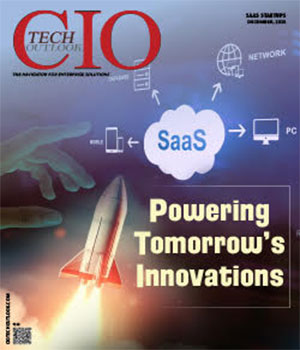
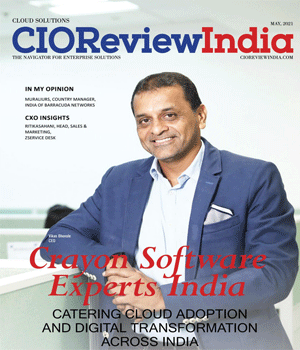
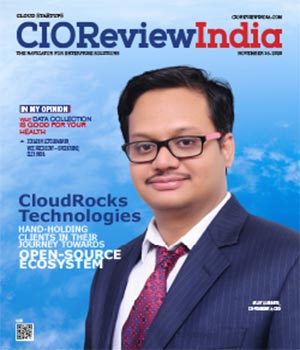
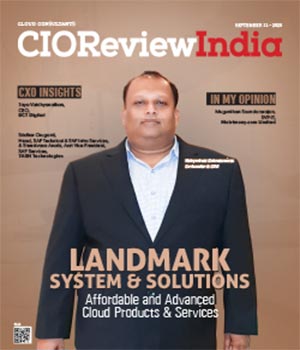
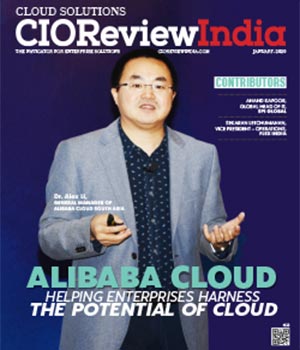
.jpg)
.jpg)
.jpg)
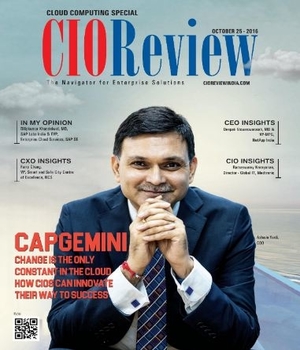
.jpg)
.jpg)
.jpg)
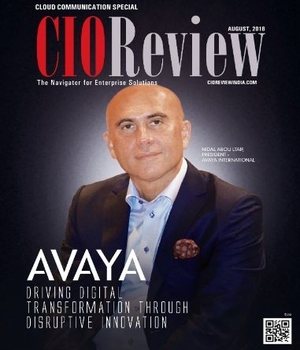
.jpg)
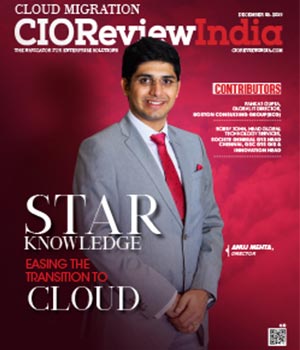
.jpg)
